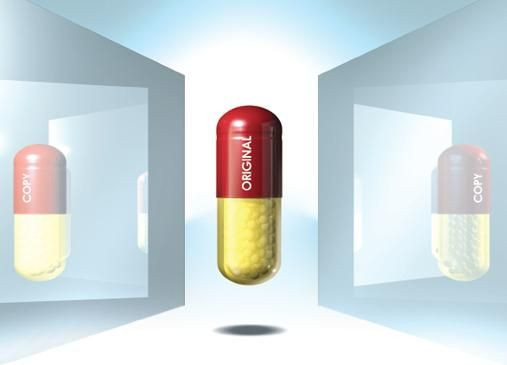World’s First Biosimilar Antibody Treatment, Remsima, Approved By European Union For Rheumatoid Arthritis

When Remicade came to the market in the late 1990s, it revolutionized the treatment of rheumatoid arthritis. As no effective treatment previously existed, the new drug quickly became a blockbuster and allowed patients the use of their hands once again. Many young people do not know of the hand-wrenching disease, nor the debilitation it causes in the elderly. Remicade was the first in a class of drugs made from one specific antibody, which has spawned various other treatments such as Herceptin for breast cancer. Now, just as Remicade revolutionized the use of antibodies in disease treatment, Remsima, developed by Celltrion of South Korea, will revolutionize the usage of so called biosimilars by being the first monoclonal antibody approved by the European Medicines Agency.
Remsima and Remicade are the same exact product, infliximab, a monoclonal antibody that bings and blocks TNF-alpha, a pro-inflammatory factor released during autoimmune diseases. The drug Remicade was approved in the late '90s and is used to treat a host of autoimmune diseases from rhuematorid arthritis to ulcerative colitis and psoriasis. By blocking the inflammatory factor, the immune system's attack was essentially muted and the patient was able to heal. Remsima was approved in South Korea in July 2012 and is still awaiting approval in the United States under new biosimilars' approval regulations.
Biosimilars are a new way of developing drugs, which fly on the coattails of other drugs that are currently approved. Biosimilar drugs are highly similar to approved drugs in safety, purity, and potency compared to the original version of the drug. Slight loopholes in the creation of the drug allows other companies to skirt certain intellectual property and make the drug available at a lower price, increasing access of treatment for more people.
Drug developers are swarming like vultures with the prospect of many biologic-based drugs, such as antibodies and therapeutic proteins coming off patent. Twelve high-profit biologic medications will have their patents expire by 2020, with global sales currently at $67 billion. Many companies are jumping at the chance of offering previously exclusive complex drugs to patients at a lower price and taking a piece of the pie. This is the 21st century version of generic drugs, albeit at a far more complex and intricate level because these drugs are made of proteins and not simple chemicals like most generic pharmaceutical drugs.
"The European approval for RemsimaTM is remarkably good news for patients who previously had limited access to advanced therapeutics, in particular, those hindered by the high cost of antibody biopharmaceuticals. We believe that the first biosimilar mAb approval by the EMA will spearhead the start of a new era of biosimilar mAbs in the pharmaceutical industry," Celltrion said in a press release.
To gain approval, Celltrion conducted clinical trials involving 874 patients from March 2010 until November 2011 in 20 countries and 115 sites. Phase I and III clinical trials showed that the drug was comparable in safety and efficacy to the original Remicade.
Another biosimilar of Remicade, Inflectra, made by Hospira is currently awaiting European Medicines Agency approval. With the inauguration of biosimilar antibody treatments, global spending on specific functional medications will be reduced significantly, lowering the burden on patients, insurance companies, and government health services.



























